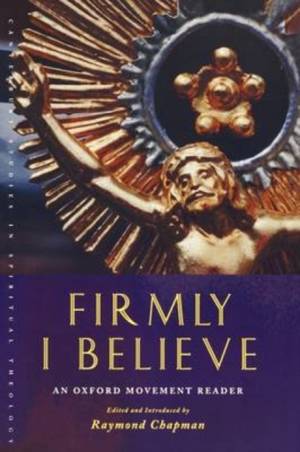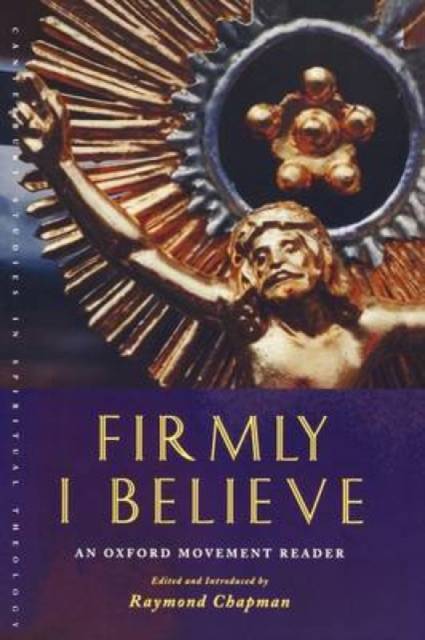
- Retrait gratuit dans votre magasin Club
- 7.000.000 titres dans notre catalogue
- Payer en toute sécurité
- Toujours un magasin près de chez vous
- Retrait gratuit dans votre magasin Club
- 7.000.0000 titres dans notre catalogue
- Payer en toute sécurité
- Toujours un magasin près de chez vous
Description
The Oxford Movement sprang into life in the 1830s in reaction to the liberalisation of theology and in response to new freedoms for Catholics in society. It was an opportunity for Anglicans who regarded themselves as loyal to Rome, despite the interruption of the Reformation, to promote Catholic theology in the Church of England. A high doctrine of the Church and the sacraments, ritualistic worship and the revival of religious life - plus remarkable social work in slum areas - all characterise what we now call Anglo-Catholicism, still alive and well and accounting for a third of the C of E today. Here the writings of the leading lights of the Oxford Movement are introduced with a useful commentary and explanation.
Spécifications
Parties prenantes
- Auteur(s) :
- Editeur:
Contenu
- Nombre de pages :
- 192
- Langue:
- Anglais
- Collection :
Caractéristiques
- EAN:
- 9781853117220
- Date de parution :
- 29-09-06
- Format:
- Livre broché
- Format numérique:
- Trade paperback (VS)
- Dimensions :
- 156 mm x 234 mm
- Poids :
- 276 g

Les avis
Nous publions uniquement les avis qui respectent les conditions requises. Consultez nos conditions pour les avis.






